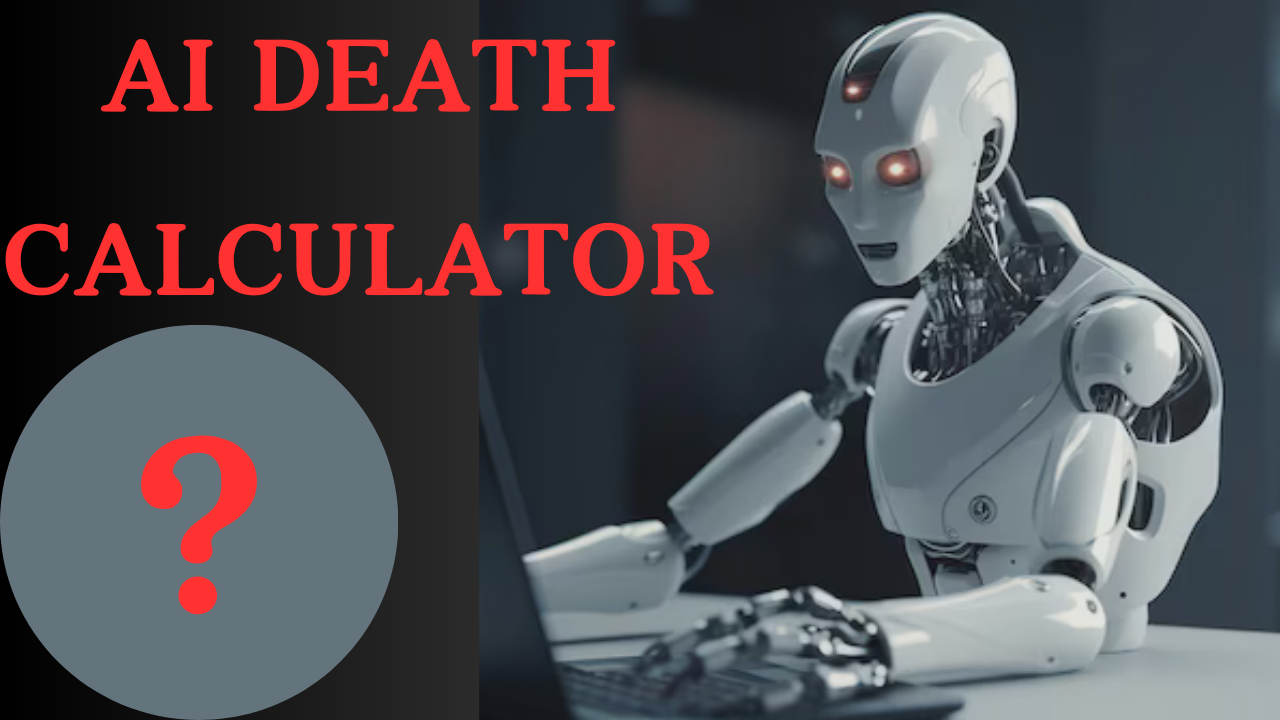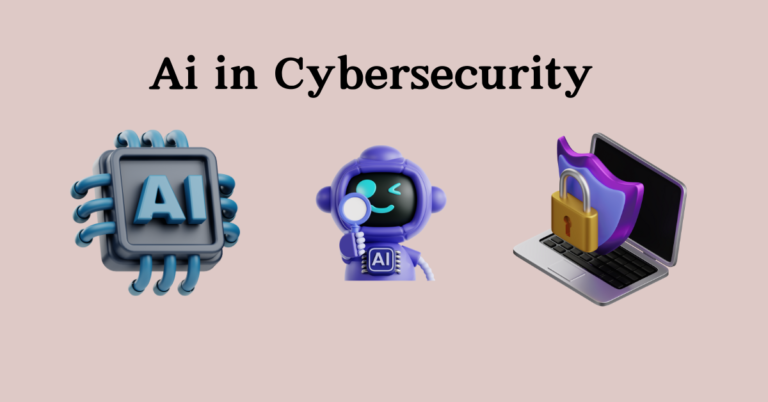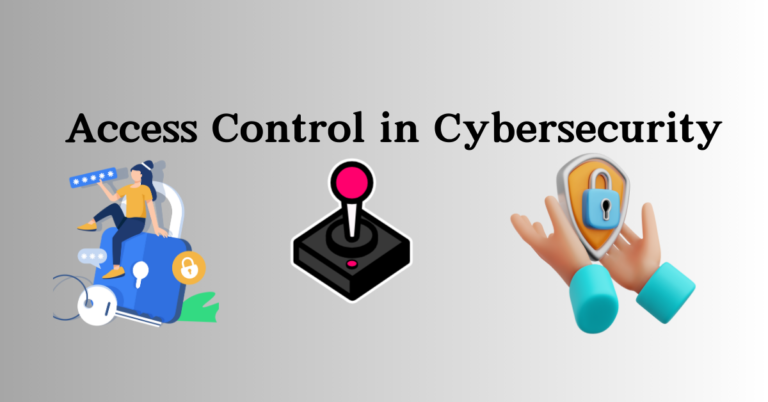
In the ever-evolving world of technology, Artificial Intelligence (AI) continues to push boundaries, bringing innovations that amaze and challenge our understanding of life. One such innovation is the AI Death Calculator, a tool that claims to estimate an individual’s lifespan based on personal and environmental data. While it sparks curiosity, it also raises questions about its reliability, ethics, and impact.
In this blog, we’ll break down what the AI Death Calculator is, how it works, its practical applications, and the ethical concerns surrounding it.
What is an AI Death Calculator?
An Artificial Intelligence Death Calculator is a tool powered by machine learning algorithms that predicts life expectancy. By analyzing various factors, including health, lifestyle, and environment, it provides an estimate of how long someone might live.
Key Data Points Used in AI Death Calculators
Health Metrics: Age, medical history, BMI, chronic illnesses.
Genetic Information: Family history of diseases or longevity.
Lifestyle Habits: Diet, exercise, sleep patterns, smoking, or alcohol consumption.
Environmental Conditions: Pollution levels, climate, and access to healthcare.
The goal of this tool isn’t just to predict lifespan but also to encourage users to adopt healthier lifestyles based on actionable insights.
How Does the AI Death Calculator Work?
The AI Death Calculator uses advanced machine learning algorithms trained on massive datasets. Here’s how it typically functions:
1. Data Collection
Users input personal details like their age, gender, medical history, and lifestyle habits. Some calculators also pull data from wearable devices like fitness trackers or health apps.
2. Pattern Analysis
The AI analyzes the user’s and historical data, identifying patterns and correlations influencing life expectancy.
3. Lifespan Prediction
Based on its analysis, the tool generates an estimated lifespan and may provide personalized recommendations for improving health.
While the predictions are not absolute, they offer insights that can guide better decision-making about health and wellness.
Is the AI Death Calculator Accurate?
While the concept is revolutionary, it’s important to note that no tool can predict the future with certainty.
The accuracy of the AI Death Calculator depends on:
Data Quality: Reliable and comprehensive data leads to better predictions.
Algorithm Sophistication: Advanced algorithms can identify subtle patterns, improving prediction accuracy.
Unpredictable Factors: Life events like accidents or sudden illnesses cannot be accounted for by AI.
Thus, while the tool provides valuable insights, it should be used as a guide rather than a definitive predictor.
Ethical Concerns of the AI Death Calculator
The idea of predicting lifespan comes with significant ethical challenges:
1. Psychological Impact
Knowing an estimated lifespan might cause anxiety or stress for some individuals, affecting their mental health.
2. Privacy Risks
The tool requires sensitive personal data, raising concerns about how this data is stored and used.
3. Algorithmic Bias
If the AI is trained on biased data, it may produce skewed or inaccurate results, particularly for underrepresented groups.
4. Misuse of Data
There is a risk of misuse by insurance companies, employers, or governments, leading to discrimination based on life expectancy.
Addressing these ethical issues is crucial to ensure the responsible development and use of AI Death Calculators.
Future of AI in Predictive Healthcare
The AI Death Calculator is just one example of how AI is transforming healthcare. As technology advances, we can expect:
Real-Time Monitoring: Integration with wearable devices for continuous health tracking.
Personalized Health Plans: More accurate predictions leading to tailored wellness programs.
Wider Adoption: Increased use of AI in public health initiatives to address global health challenges.
However, for these tools to reach their full potential, developers must prioritize transparency, accuracy, and ethics.
Should You Use an AI Death Calculator?
If you’re considering using an AI Death Calculator, here are a few tips:
1. Use It for Guidance, Not Certainty: Treat the tool as a way to gain insights rather than an absolute prediction.
2. Focus on Actionable Insights: Use the recommendations to improve your lifestyle and health.
3. Verify Data Privacy: Ensure that the platform you’re using has robust data protection measures in place.
Final Thoughts
The Artificial Intelligence Death Calculator is a fascinating innovation that showcases the power of predictive technology. While it has practical applications in healthcare, finance, and public health, it also raises important ethical questions. As users, it’s essential to approach such tools with a mix of curiosity and caution, using them to enhance our lives rather than define them.
Whether you view it as a breakthrough or a novelty, one thing is certain: AI is reshaping how we understand life and its many possibilities.
To learn more about Ai






